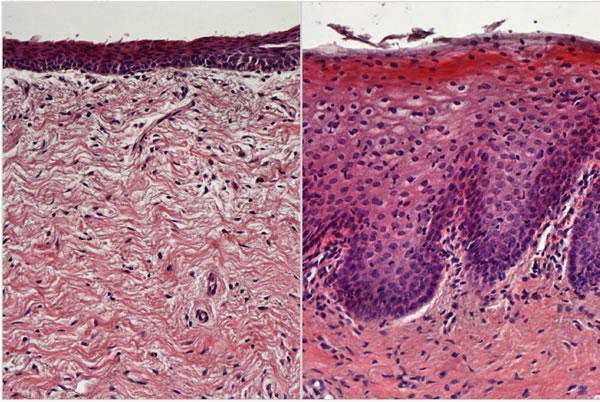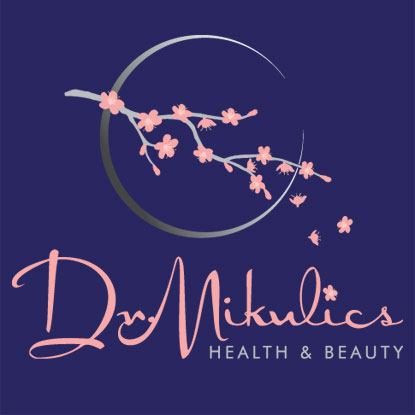
Over 3 million US women live with breast cancer. Treating breast cancer can often be a challenging time for a patient. One side effect of breast cancer treatment can be the onset of menopause symptoms. This is referred to as “medical menopause”.
What is Medical Menopause?
Menopause symptoms that develop as a side effect of breast cancer treatment are typically two types;
Medical Menopause symptoms caused by chemotherapy or other medicine. Medical menopause may be temporary – symptoms may subside after the chemo treatment has ended.
Surgical Menopause occurs when the ovaries are surgically removed causing hormone levels to fall immediately. Surgical Menopause is a permanent condition
What is happening to your body at this time?
Menopause naturally occurs in women, the average age in the US is 51, when their bodies stop producing estrogen and ultimately the ovaries stop releasing eggs. Menopause often starts several years earlier with perimenopause, where estrogen levels start to drop and the body gradually transitions into full menopause symptoms.
Perimenopause and Natural Menopause symptoms typically appear and advance slowly over a number of years.
Chemotherapy or other medicinal treatment for breast cancer can affect the ovaries production of estrogen causing sudden menopause symptoms, hot flashes, night sweats, etc… Because the medication is responsible for lowering estrogen production, cessation of treatment may stop menopause symptoms and return the patient to ‘normal’. Age is often a factor here as some patients will enter permanent menopause.
Patients who have their ovaries removed surgically can experience abrupt, severe menopause symptoms caused by the immediate end of estrogen production.
Vaginal Atrophy
One of the symptoms of menopause (natural, medical or surgical) is vaginal atrophy. Vaginal atrophy is the thinning, inflammation and drying of the walls of the vagina called the mucosa. This typically occurs after menopause and is caused by the body’s drop in estrogen production.
The thinning of the vaginal walls or mucosa, can cause multiple symptoms:
- Pain during intercourse
- Itching and dryness
- Burning sensations and irritation
- Urinary incontinence

Treatment for Vaginal Atrophy
Vaginal atrophy symptoms have traditionally been treated with vaginal moisturizers, water based lube and in other cases topical and oral estrogen. Lubricants and moisturizers have varying degrees of success particularly because they can’t improve the thickness of the vaginal wall. Many researchers and physicians are concerned about the use of estrogen therapy due to the the long-term potential of increased risk of breast cancer returning.
A safe and effective alternative
A new alternative is the use of a fractional laser. The MonaLisa Touch is a safe, effective and non- surgical fractional laser (yes, a laser treatment for your vagina) that stimulates collagen formation beneath the vaginal skin, increasing the formation of cells and improving blood flow and overall strength of the vaginal walls. The improved blood flow and stimulated collagen naturally regenerates the mucosa (vaginal wall) to return your vagina to a much more youthful state.
The treatment is painless and only takes about 5 minutes.
Dr. Mikulics was one of the first physicians to use the MonaLisa Touch for her patients. Is the MonaLisa Touch right for you? Schedule a consultation to learn more.
Stefanie Mikulics, MD
1050 Las Tablas Road
Suite 2
Templeton, CA 93465
805-434-9441
